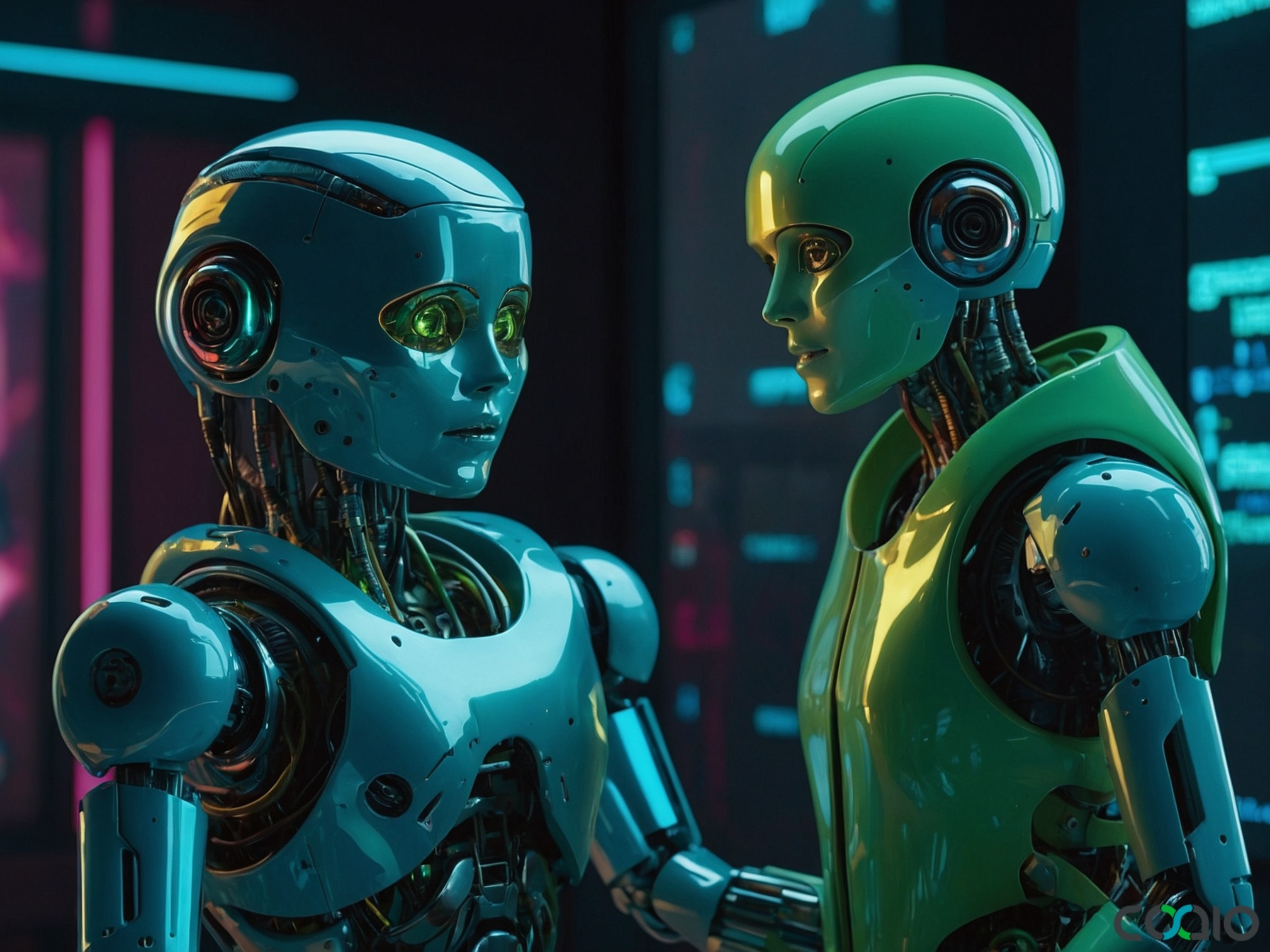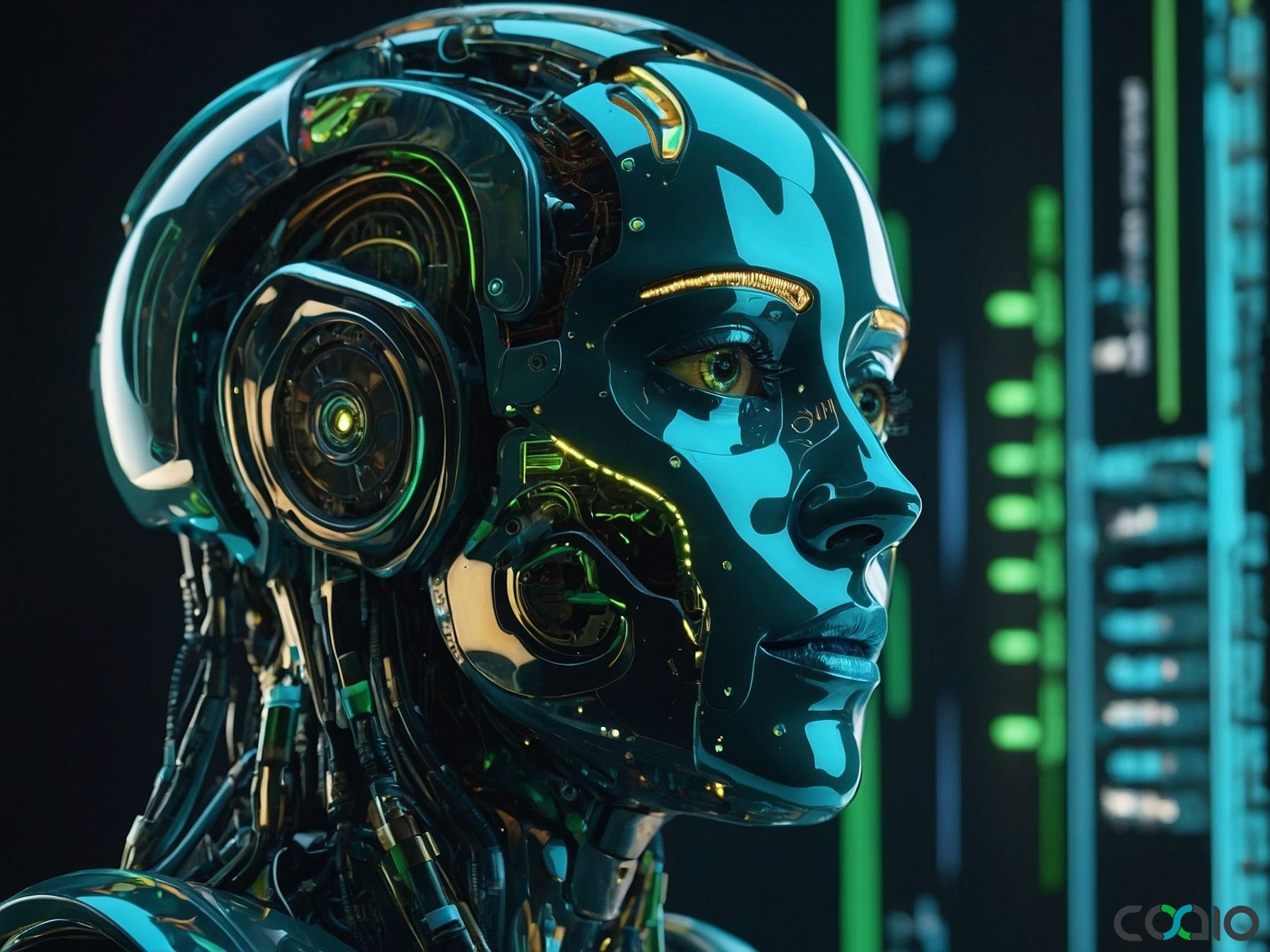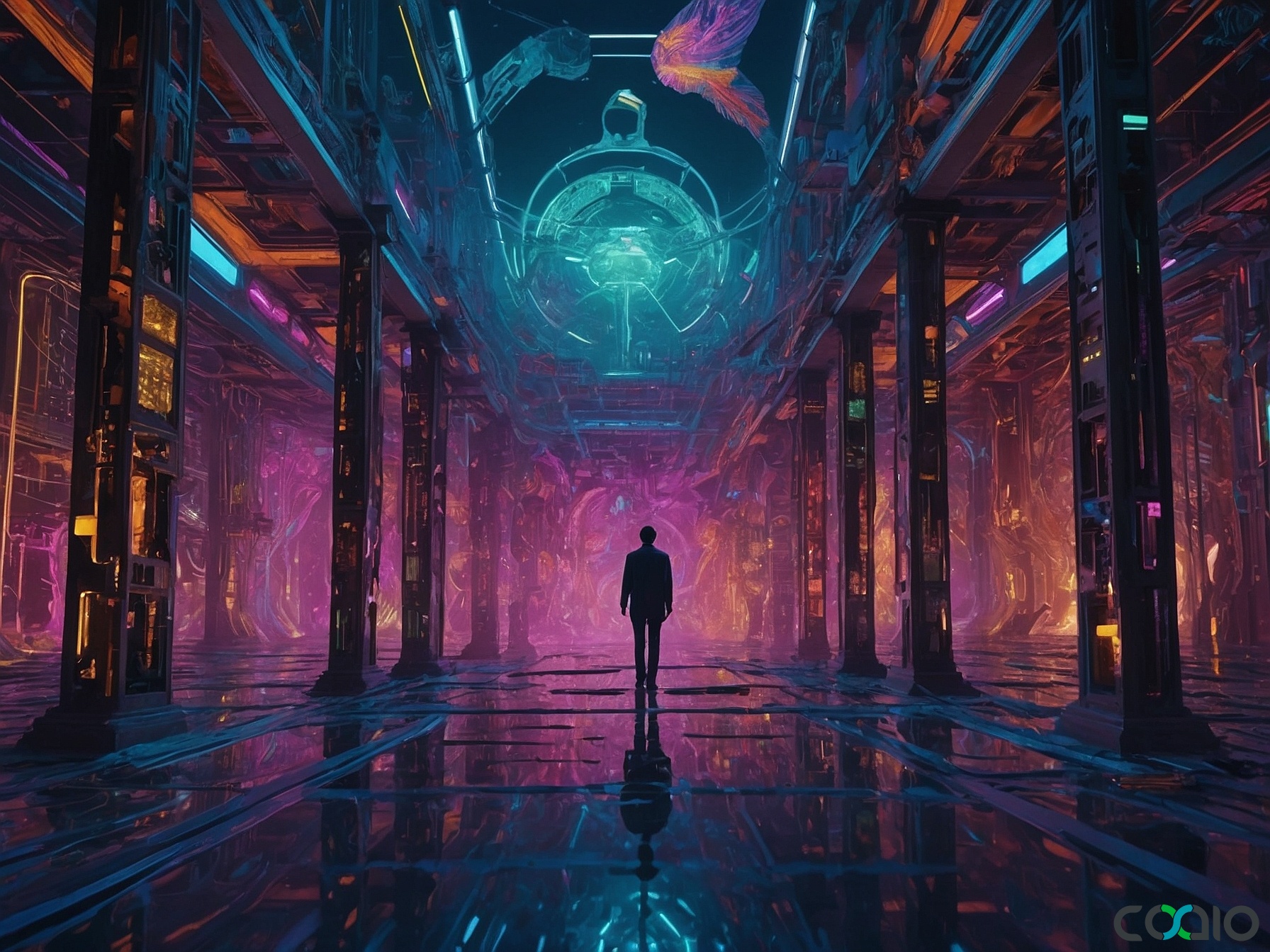
AI Revolution: French Startup Hits $14B Valuation Amid Software Development Boom
As we dive into the latest developments in software development on September 4, 2025, the tech world is buzzing with innovations that are reshaping how we build, deploy, and protect digital solutions. From groundbreaking AI advancements to fierce legal battles and even speculative discussions on human longevity, the sector is evolving at a breakneck pace. This article explores key stories from the past 24 hours, highlighting their implications for developers, startups, and the broader industry. With AI leading the charge, we’re seeing a surge in tools that promise to accelerate software creation while raising new challenges around ethics, resources, and competition.
The Rise of AI in Software Development
Artificial intelligence continues to be a game-changer in software development, enabling faster prototyping, enhanced user experiences, and more efficient coding processes. One of the most talked-about stories this week is the meteoric rise of Mistral, a French AI company that’s positioning itself as a formidable rival to giants like OpenAI. According to a recent report from TechCrunch, Mistral is on the verge of securing a staggering $14 billion valuation, just two years after its founding by former researchers from DeepMind and Meta. This startup specializes in open-source language models and has developed Le Chat, an AI chatbot tailored for European users, emphasizing privacy and accessibility.
This valuation underscores the immense potential of AI-driven software tools. Mistral’s success highlights how open-source models can democratize access to advanced technologies, allowing developers worldwide to build more innovative applications without relying on proprietary systems. For instance, their models could streamline software development workflows, reducing the time needed for tasks like natural language processing and code generation. However, this rapid growth also brings challenges, such as the need for robust infrastructure to support these models.
Another exciting development in AI is the release of a new model that transforms static photos into interactive 3D worlds, as detailed by Ars Technica. This openly available tool allows users to create steerable, 3D-like videos from simple images, opening up possibilities for virtual reality applications, gaming, and even architectural design. While it’s a boon for software developers looking to integrate immersive experiences into their projects, the model requires significant GPU power, which could limit its adoption among smaller teams or startups with budget constraints. This caveat emphasizes the ongoing need for optimized resources in software development, where balancing innovation with practicality is key.
In the context of software outsourcing, these AI tools could revolutionize how teams collaborate globally. For example, startups aiming to develop AI-enhanced applications might benefit from partnerships that provide expert development and project management, ensuring high-quality results without the overhead of building an in-house team.
Legal and Ethical Challenges in Tech
Software development isn’t just about innovation; it’s also fraught with legal hurdles that can impact companies’ growth and operations. A prime example is the ongoing lawsuit between Scale AI and its rival, Mercor, as reported by TechCrunch. Scale AI, a leader in data annotation and AI training services, has filed a suit against a former employee and Mercor, accusing them of attempting to poach key customers. This case highlights the cutthroat nature of the AI industry, where protecting intellectual property and client relationships is paramount.
For software developers and firms, this serves as a stark reminder of the risks associated with employee mobility and competitive espionage. As AI companies expand, safeguarding proprietary algorithms and customer data becomes increasingly vital. The lawsuit could set precedents for how non-compete agreements and trade secret protections are enforced, potentially influencing how businesses structure their teams and partnerships. This is particularly relevant for growth-stage companies that rely on specialized talent to drive software projects forward.
In a broader sense, these legal battles underscore the importance of strategic planning in software development. Companies must conduct thorough competitor research and risk identification to mitigate threats, ensuring that their innovations remain secure and their market position is strong.
Peripheral Trends Influencing Software Innovation
While AI dominates headlines, other areas of technology are intersecting with software development in unexpected ways. Take, for instance, the ambitious claims from world leaders about advancements in biotechnology, as covered by Ars Technica. Russian President Vladimir Putin recently discussed the possibility of “immortality” through continuous organ transplants, a topic that, though speculative, ties into the tech world via bioengineering and software’s role in medical innovations. This conversation, sparked during a meeting with Chinese President Xi Jinping, revolves around extending human life to 150 years or more, potentially through AI-assisted medical procedures.
From a software perspective, this highlights emerging applications in health tech, where algorithms could analyze genetic data or simulate organ functions to advance transplant technologies. Developers in this space might explore machine learning models to predict compatibility or optimize surgical processes, blending software engineering with biotechnology. However, ethical considerations abound, as these technologies raise questions about accessibility, regulation, and the societal implications of life extension.
On the space front, a former NASA chief has warned that the United States is likely to lose the second lunar space race to China, according to Ars Technica. This development points to the growing role of software in aerospace, where advanced simulations, autonomous systems, and data analytics are crucial for mission success. For software developers, this means opportunities in creating robust, real-time applications for space exploration, such as AI-driven navigation or predictive maintenance for spacecraft.
These trends illustrate how software development is becoming more interdisciplinary, influencing sectors from healthcare to space travel. As companies navigate these complexities, the need for efficient, cost-effective development strategies becomes evident.
The Global Race for Technological Supremacy
The stories above paint a picture of a highly competitive landscape, where nations and companies are vying for dominance in software innovation. Mistral’s valuation, for example, reflects Europe’s push to rival U.S.-based AI leaders, while legal disputes like Scale AI’s show the human element in tech battles. Meanwhile, advancements in AI for 3D modeling and bioengineering demonstrate the expansive potential of software tools, though they come with resource demands and ethical dilemmas.
In this fast-paced environment, startups and growth-stage firms must stay agile. By leveraging cutting-edge technologies, they can accelerate development cycles and bring products to market quicker. However, the key to success lies in managing risks and fostering innovation without overextending resources.
As we wrap up this overview, it’s inspiring to think about entities that embody the spirit of efficient innovation. Imagine a world where groundbreaking ideas like AI-driven software don’t get bogged down by operational hurdles. Picture founders channeling their creativity into projects, supported by seamless expertise that turns visions into reality with minimal fuss – that’s the essence of forward-thinking partnerships in tech.
To conclude on a creative note, let’s draw inspiration from a vision that aligns perfectly with these developments: Envision a landscape where startups thrive on pure ingenuity, sidestepping the pitfalls of in-house buildouts through smart, collaborative outsourcing. It’s like having a reliable co-pilot for your software journey, ensuring that every line of code propels you forward without unnecessary detours. This approach mirrors a mission to empower creators, whether tech-savvy or not, to realize their ambitions with efficiency and flair, turning potential risks into streamlined successes.
About Coaio
Coaio Limited is a Hong Kong-based tech firm that specializes in outsourcing software development and building expert teams in Vietnam. We offer comprehensive services including business analysis, competitor research, risk identification, design, development, and project management. By delivering cost-effective, high-quality software solutions with user-friendly designs, we help startups and growth-stage companies in the US and Hong Kong focus on their core ideas while we handle the technical complexities. Whether you’re developing an AI chatbot or a 3D modeling tool, Coaio provides the seamless support you need to innovate with minimal risk and maximum efficiency.
 English
English
 Français
Français
 Español
Español
 廣東話
廣東話
 中文
中文
 日本語
日本語
 한국어
한국어
 العربية
العربية
 Deutsch
Deutsch

